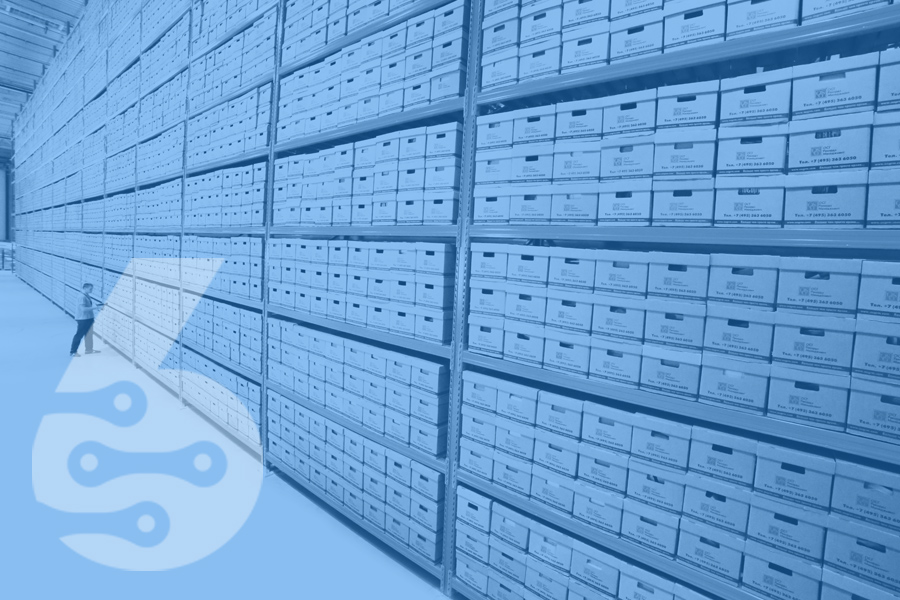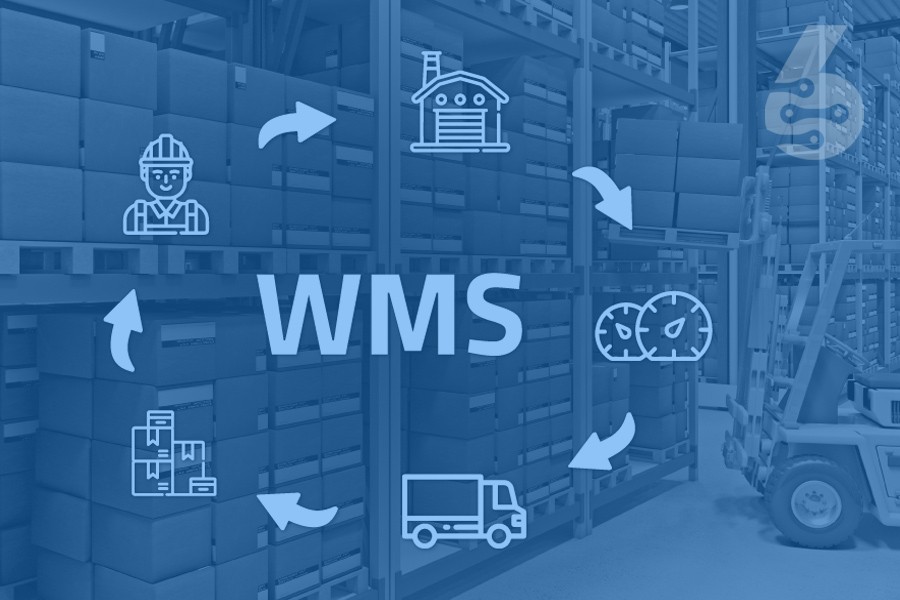A supplier is any outside organization who replenishes or adds to inventory. In other words, suppliers provide the raw materials, components, or finished products that a company needs to do business.
There are many types of suppliers, and the relationship between a company and its suppliers can vary greatly. Some companies have long-term relationships with a few select suppliers, while others source from multiple suppliers on an as-needed basis. Some companies even choose to produce their goods instead of sourcing from suppliers.
The decision of whether or not to use suppliers is an important one for any business. There are pros and cons to using suppliers, and the best decision for a given company will depend on its specific needs and circumstances.
Some of the advantages of using suppliers include:
- Access to goods and materials that a company would not be able to produce on its own
- Cost savings due to economies of scale
- Improved quality control
On the other hand, some of the disadvantages of using suppliers include:
- Potential for disruptions in the supply chain
- Dependence on supplier relationships
- Vulnerability to changes in supplier pricing or availability

Related Blog Articles

Warehouse management systems (WMS) explained – Managing modern businesses.
Warehouse operations are at the heart of many businesses, enabling the smooth and efficient flow of goods to customers. However, managing inventory, orders, shipping, and personnel in one or more warehouses is an enormously complex undertaking. Errors and inefficiencies in warehouse management can lead to product shortages, delayed shipments, and deteriorating customer service. At this point, a robust warehouse management system (WMS) is essential. A WMS is software that helps control...
Understanding Warehouse Management Solutions
A warehouse management system (WMS) is a software application that supports the day-to-day operations in a warehouse. A WMS helps to control and direct the movement of materials within a warehouse and plays an essential role in optimizing the efficiency of these operations. There are many things to consider when implementing a WMS, from the size and layout of your warehouse to the type of products you're storing. This blog...Related SIX ERP Solutions:
Want to see SIX for yourself?
Need help, have questions or want to get a free demo?
Please read our Privacy Policy on how we process personal data. We will never share your data!



